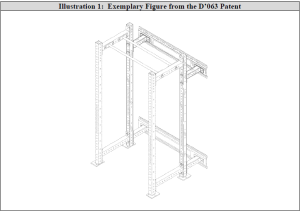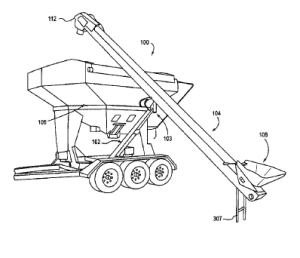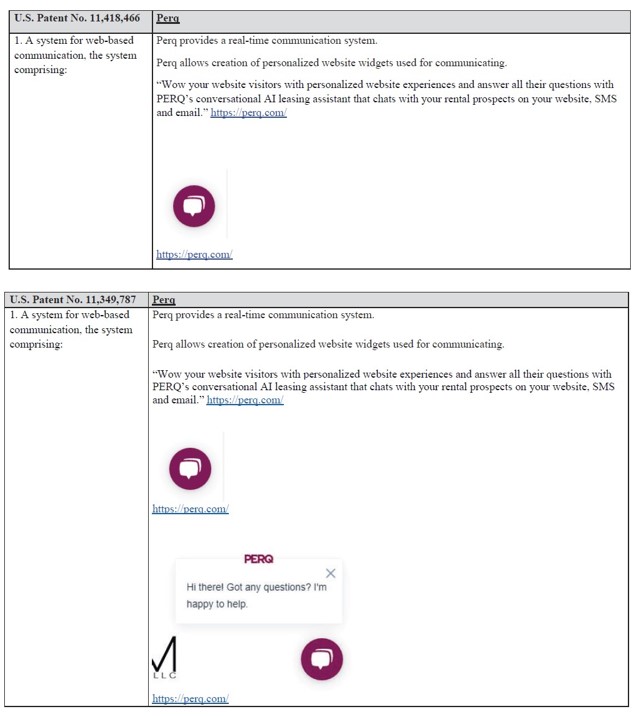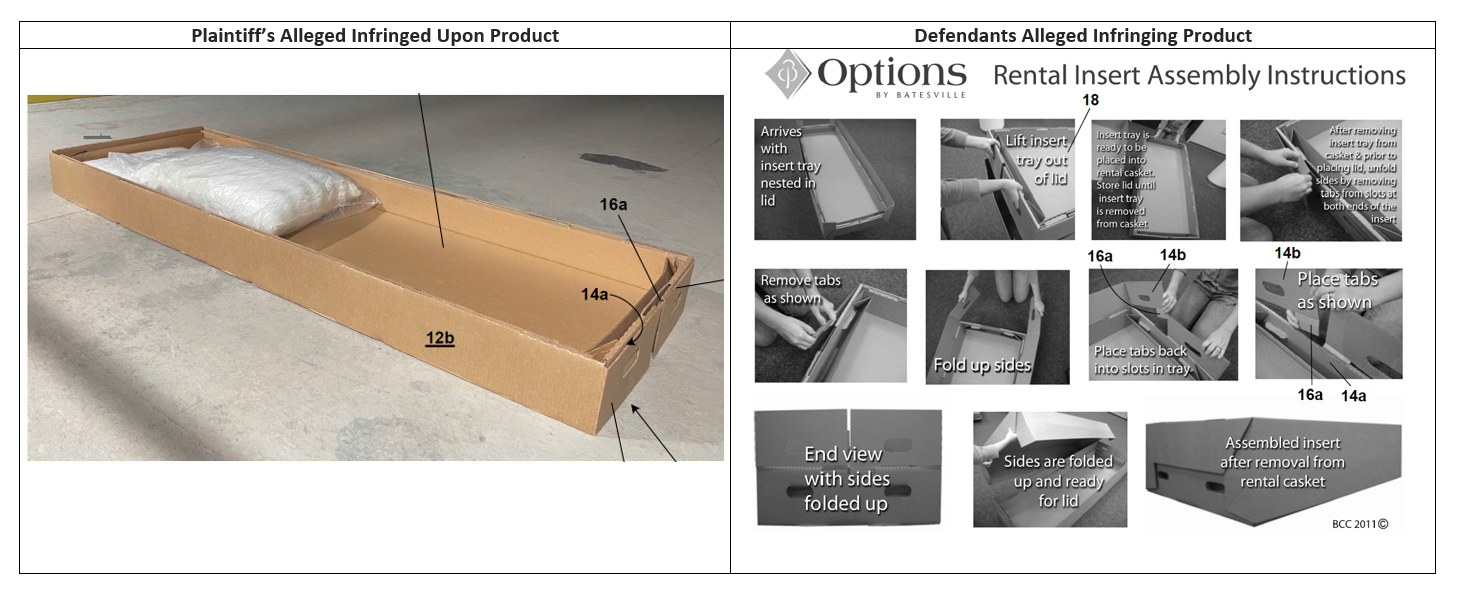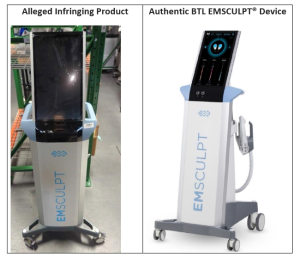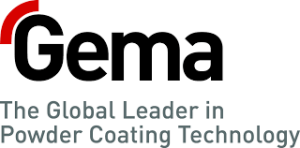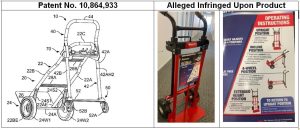Richmond, Indiana – In a recent legal case between Plaintiff, Vandor Group, Inc., and Defendant, Batesville Casket Company, Vandor sought a preliminary injunction against Batesville for alleged patent infringement concerning casket rental inserts. Vandor claimed that Batesville’s actions caused irreparable harm, impacting their expansion plans and profitability.
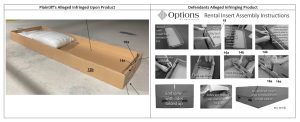 In its decision-making process, the Court applied Federal Circuit Law, which outlines four factors for determining whether a preliminary injunction is warranted: “(1) the movant’s reasonable likelihood of success on the merits; (2) the irreparable harm the movant will suffer if preliminary relief is not granted; (3) the balance of hardships tipping in its favor; and (4) the adverse impact on the public interest.”
In its decision-making process, the Court applied Federal Circuit Law, which outlines four factors for determining whether a preliminary injunction is warranted: “(1) the movant’s reasonable likelihood of success on the merits; (2) the irreparable harm the movant will suffer if preliminary relief is not granted; (3) the balance of hardships tipping in its favor; and (4) the adverse impact on the public interest.”
The court primarily focused on irreparable harm and the likelihood of success, noting that irreparable harm is assumed when patent validity and infringement are established. However, the defendant can rebut this presumption by presenting evidence to the contrary. The judge ruled that Vandor’s claims of irreparable harm, based on lost expansion opportunities, potential economic losses, and the pending expiration of patents, were speculative and lacked substantial supporting evidence. Emphasizing that general assertions of economic harm without specific evidence are insufficient to prove irreparable harm, the court dismissed Vandor’s argument about the limited duration of their patents as a basis for irreparable harm, based on established legal precedent.
 Indiana Intellectual Property Law News
Indiana Intellectual Property Law News


